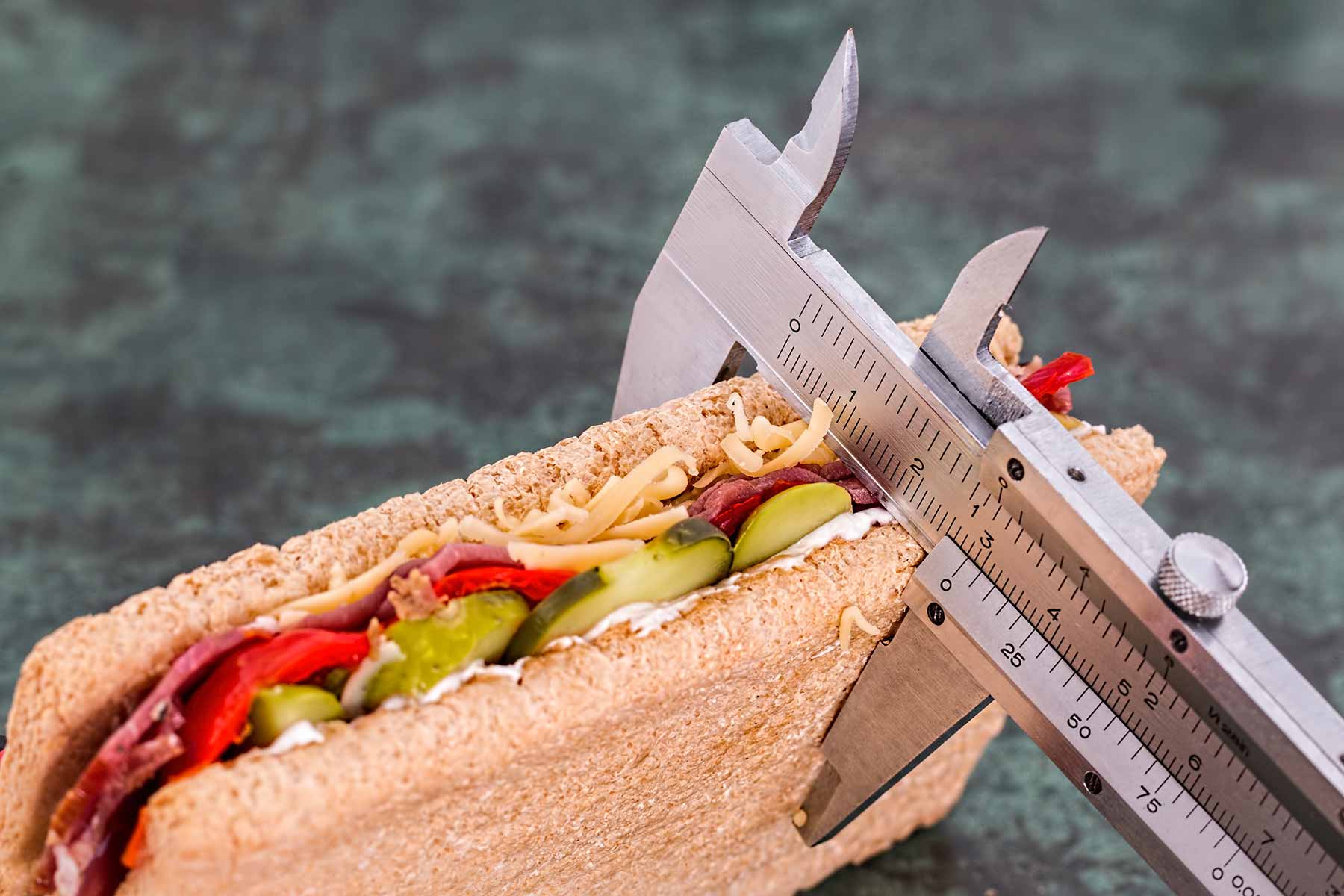With Spring approaching there is no need to panic and jump onto the latest fad-diet bandwagon, whether you are looking to drop a few pounds or make a bigger lifestyle change, the key to success is setting some realistic goals and keeping the motivation going beyond the first few weeks or even days!
So, what’s the best way to lose body fat? As a nutrition and fitness coach, this is the question I get asked the most – and do I have to count every single calorie that goes into my mouth?
The answer may annoy you, it annoys most of my clients. Here it is…
“It depends.”
Most things in the fitness and nutrition world ‘depend’ on some or many things. This may seem like a cop out answer but please bear with me. Over the past 12 years, I have been helping people get into shape whilst looking and feeling better. When it comes to nutrition, I have used a variety of approaches to achieve this.
For some clients, the thought of punching in their daily meals into myfitnesspal makes them more anxious than squeezing into gym Lycra however for some, they love the power and control of managing and tracking their food intake. Eating out with friends and enjoying foods they love becomes less stressful, if they know that they are on track calorie wise.
Calorie counting is an imperfect practice however it is a practice worth practicing. People don’t lose weight because they are meticulously totting up nutrition labels, they lose weight because it forces them to pay close attention to the food they eat and how much of it they are eating. Paying attention to calories helps you become more aware of nutrition and forces them to make educated and healthier choices.
Sustainable weight loss requires you to adopt a new set of behaviours; we all know them – eat less, eat better, do more. For some, tracking calories is a great place to start because it triggers a mindset change in sacrificing and substituting food – and if you know you have calories in the bank at the end of the week for a cocktail or cake, then what’s not to like?
But what if you don’t want to track my food? Not to worry.
Many people get so stressed out when asked to count calories. They obsess over every gram and macronutrient ratio. When this happens, a different approach is needed. More stress means the person has a harder time dropping body fat and staying on track with their goals is going to be very difficult.
Some simple rules to follow if you don’t want to count calories.
Precision nutrition have put together these easy to apply, effective and simple rules when it comes to eating for fat loss.
1 – Eat a protein source with every main meal
2 – Eat a portion of veggies or fruit with every main meal
3 – Have 1-2 thumb sized portions of fat with each meal
4 – Have starchy carbs either post workout or with your evening meal
5 – Drink water or low calorie beverages to stay hydrated
You can see more about their portion control recommendations here – http://www.precisionnutrition.com/calorie-control-guide
Meal frequency is largely a personal preference, some people like 3 meals and 2 snacks, some like 2 large meals and a snack in between, this is something you will have to play around with and see what works well with your lifestyle and training regime.
But eating carbs at night gets you fat right?
I used to think that way too and avoided carbs like the plague after 6pm! The truth is you’re probably going to enjoy your carbs later at night and doing so will help you sleep better due to the release of the hormone serotonin. If you sleep better you eat better, you eat better you recover better, you recover better, you feel better. Carbs at night are better.
So, lets wrap up the calorie debate….
Personally, when I start working with clients, I do like to get them counting calories at some point, mainly because it educates my clients and makes them aware of the energy values of everyday foods. The ones that can’t stand counting calories tend to get on just fine with the rules and guidelines I mentioned earlier.
Do remember that calorie counting is flawed, we cannot know 100% for sure the exact amount of nutrients and energy we are taking in from each and every food. However, it’s the act of counting calories that leads to a better awareness of food intake and choices.
There are pros and cons to counting calories it just ‘depends’ (sorry) on each individual and what they prefer.
I’d like to hear more about your experiences with counting calories and tracking foods. Is it something you do? Or does it stress you out? Say hello@inspiritretreat.co.uk



